“Ms. Marvel” subverts common Desi tropes and brings a breath of fresh air
Kamala Khan can be seen wearing the bangle which gave her the powers while talking with Bruno Carrelli. Although she can be seen pulling her sleeve up to cover it in front of others, she has a different level of trust with Bruno.
June 29, 2022
“It’s time to stop fantasizing,” Muneeba Khan, the titular character’s mother, says toward the end of the first episode. “I wish that you would just focus on you. Your grades, your family, your story.”
It’s a line that many Desi kids are familiar with, albeit reworded, but the message ultimately remains the same. To focus on studies and traditions, rather than chase the shadow of someone who we think we are.
On June 8, “Ms. Marvel” debuted on the streaming service Disney+. The family friendly series has released three episodes so far, with episodes dropping every Wednesday. Although the six-episode series has had competition with “Obi Wan Kenobi,” the show is expected to pick up viewership starting with the fourth episode, which releases on June 29.
The moniker of Ms. Marvel belongs to Kamala Khan, played exuberantly by Iman Vellani. However, as the newest addition to the Marvel Cinematic Universe (MCU), Kamala proves that she is not just another normal South Asian teen.
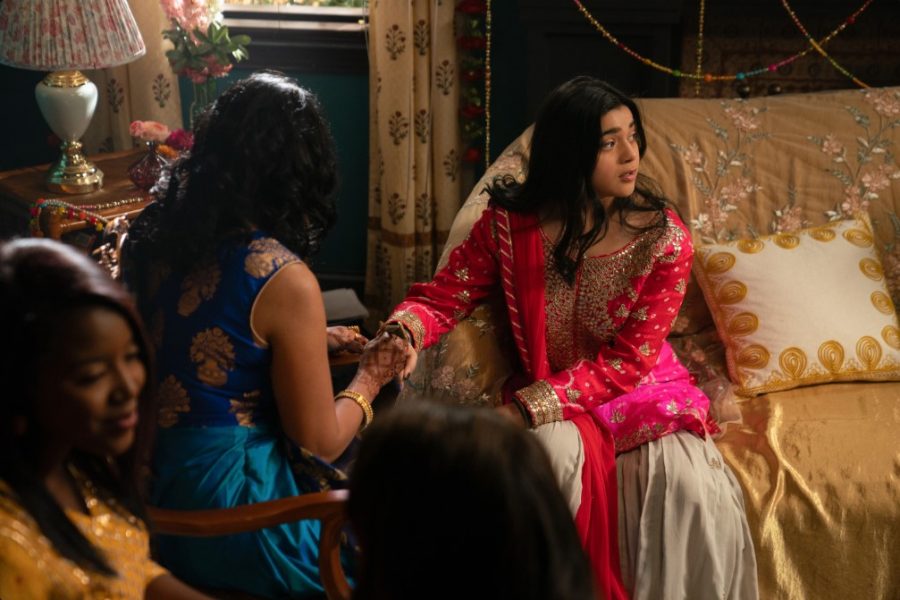
In addition to her conflicts at home, Kamala discovers dark family secrets, and super powers unleashed by her great grandmother’s bangle.
Essentially, Kamala has the power to create objects using hard light and has origins loosely surrounding Islamic mythology, concepts which heavily deviate away from the comic books, in which Kamala had been an Inhuman, a race of altered human beings, and had the power to extend her limbs, alter her features, and shape shift in certain ways.
However, after “Inhumans” flopped with the TV audience in 2017, the MCU seems to be distancing itself as far from the brand as it can. Additionally, Kamala Khan’s comic book powers heavily resemble those of Mr. Fantastic, and if rumors are to be believed, the studio is planning on rebooting the Fantastic Four franchise to add to its extended universe.
The CGI is significantly better than that of which was expressed in “Moon Knight” and “Doctor Strange in the Multiverse of Madness,” both of which had visual effects that fell flat in believability.
The seamless transition from the real-life setting to the added doodlings taking place in Kamala’s mind are truly a sight to behold, and add a youthful tone which the series is aiming for. Many viewers have compared the style to that in “Scott Pilgrim vs. the World” and “Spiderman: Into the Spiderverse.”
It was also refreshing as to how she didn’t add on too many common beliefs that Western media seems to have ingrained into the American people’s head.
Kamala goes against every part of the usual formula used in making a Desi character, which includes the tacky accent, an extremely high genius IQ, and only existing to provide comic relief. Instead, she manages to be more true to her Pakistani roots than other characters have managed to be to their own cultural identity, despite not having any of the clichés associated with South Asians.
From the aptly named “Illumin-Aunties,” who are middle-aged Pakistani women with an affinity for gossip, to the wedding celebration of Kamala’s brother, Aamir, and to the local shops selling Pakistani food and clothing– I truly saw bits and pieces of my own life scattered throughout the show, with the obvious difference being that I’m Indian not Pakistani, but the two cultures do have many similarities.
Additionally, the show does refer to the Partition, which was the division of Hindustan (also called India at the time) into two parts– Pakistan and India, after the British had left the nation divided in 1947.
“Ms. Marvel” handles the topic with great care, bringing back memories of family stories which both Pakistanis and Indians have passed along for years now.
Kamala’s friends influence her life just as much as her family and heritage do.
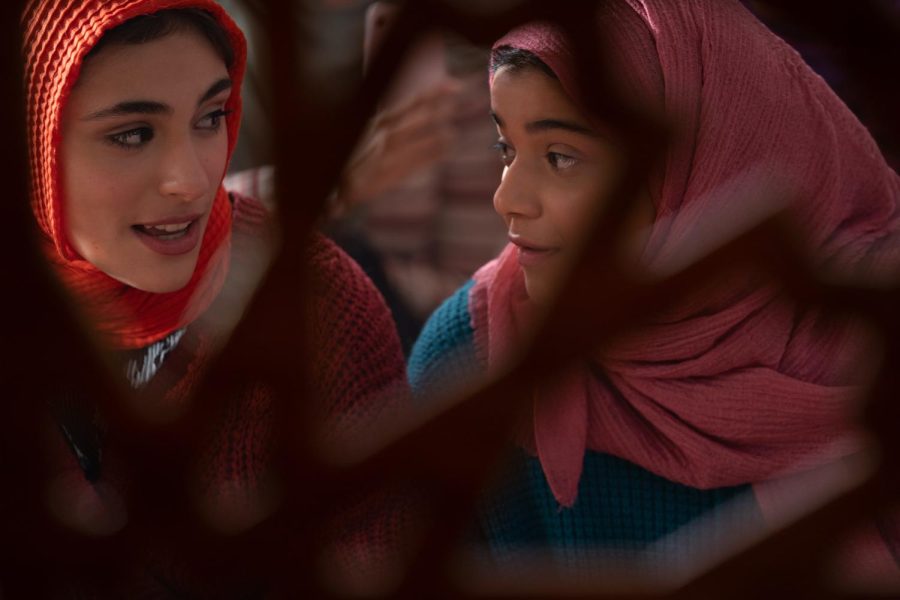
Nakia Bahadir, played by Yasmeen Fletcher, is one of Kamala’s best friends, is mixed race and someone who Kamala can share both the teenager experience with, as well as discussions about faith and their religion.
Nakia also wears a hijab, which is a head covering worn by Muslim women to protect modesty. It has been a very controversial subject to some people, but in a raw burst of emotion, Nakia clarifies her choice by saying, “My whole life I’ve either been too white for some people or too ethnic for others, and it’s been this very uncomfortable, sucky in-between. When I first put [my hijab] on, I was hoping to shut some people up, but I kind of realized I don’t need to prove anything to anybody. When I put this on, I feel like me— like I have a purpose.”
This powerful scene showed why it is so important to have representation in the media, and to not limit people of other ethnic identities to a quantifiable amount.
Kamala’s other best friend, Bruno Carrelli, played by Matt Lintz, is also extremely important to Kamala’s life.
There’s an incredible level of trust between the two, as Bruno is the first person that Kamala willingly divulges her newfound powers to. It’s easy to see why, as he goes out of his way to help her figure out her powers, and they develop a training schedule and figure out what Kamala can improve on.
However, the friendship barrier has been crossed on Bruno’s side, and while Kamala remains hopelessly oblivious, the audience and other characters aren’t as gullible.
“Brian’s mad,” Nakia teases, in reference to Kamala’s other love interest, Kamran, misremembering Bruno’s name. “Why is Brian mad?”
While I did come into the show hoping that the two wouldn’t have a romantic plot line after watching too many male-female friendships end up in a romantic relationship on-screen, I changed my mind after seeing Lintz’s and Vellani’s instant chemistry.
While keeping their friendship a friendship would be a win, it wouldn’t be a loss to have the two be endgame in future Marvel projects.
It was also nice to finally see how Desi parents don’t always get upset at opposite-gender friendships. The Khan family are as welcoming to Bruno as they are to Nakia, and it’s an experience I can say I’m lucky enough to share with Kamala.
However, in regards to Kamala’s other love interest Kamran, played by Rish Shah, the romance feels more like a plot device than one that actually had a clear starting point other than the fact that the characters find each other attractive.
While there hasn’t been too much action in the show yet and the pacing of the show has been slow, it feels natural and not too forced.
And I can’t talk about “Ms. Marvel” without talking about the brilliant soundtrack. From the first trailer that cinematically rendered The Weeknd’s “Blinding Lights” to all the Bollywood references in the series, the show has truly captured the attention of all die-hard Bollywood fans.
From playing “Joote De Do Paise Le Lo” from “Hum Aapke Hain Koon..!” to “Anthem” by the Swet Shop Boys, the soundtrack features songs that different Desi generations can easily identify. It all fits together perfectly, and truly captures the South Asian spirit of the show.
All in all, “Ms. Marvel” illustrates a fresh new starting point to one of Marvel Comics’ most beloved characters, one which places a high level of emphasis on family and friendships, while simultaneously balancing religion and the fate of the world on her shoulders.
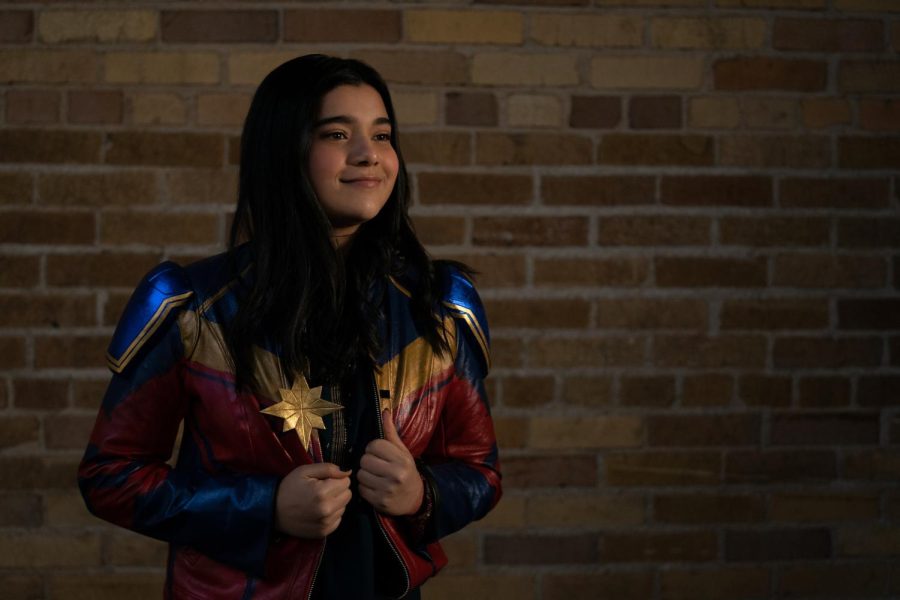
–June 28, 2022–

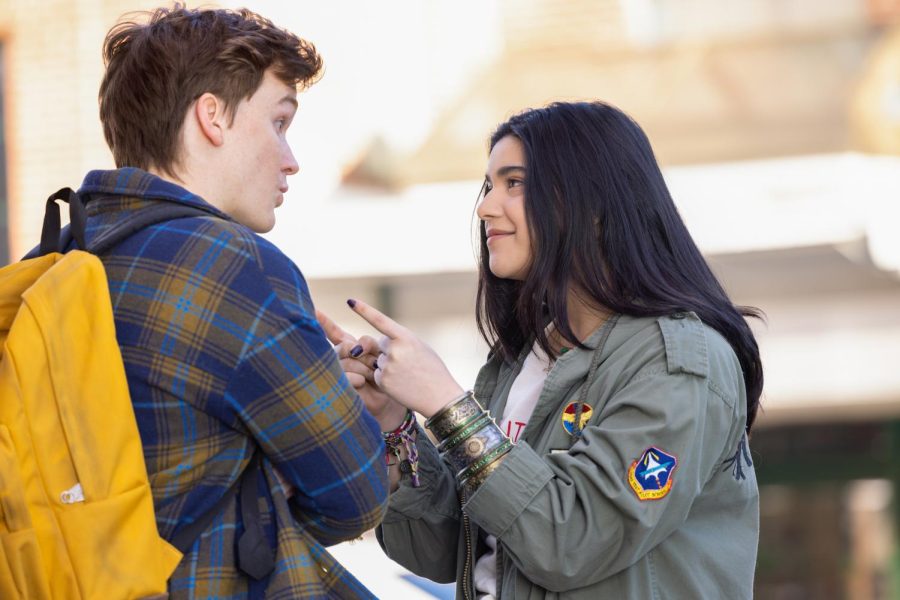

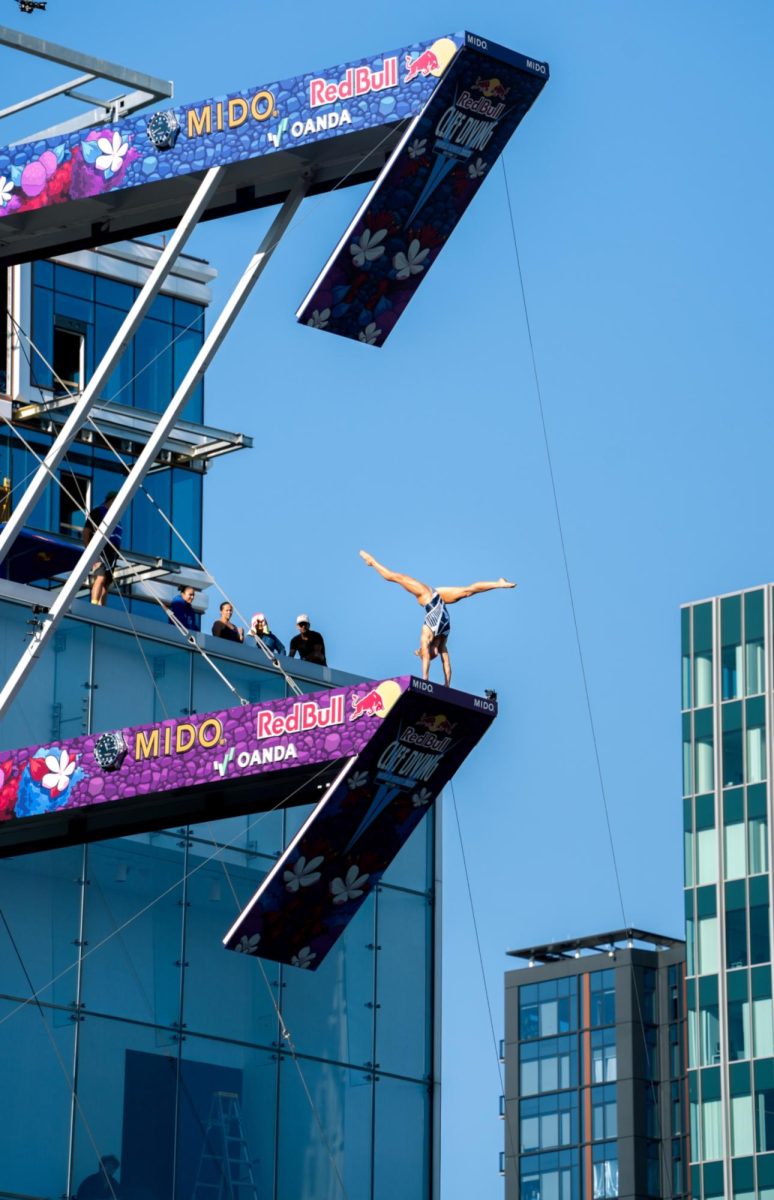

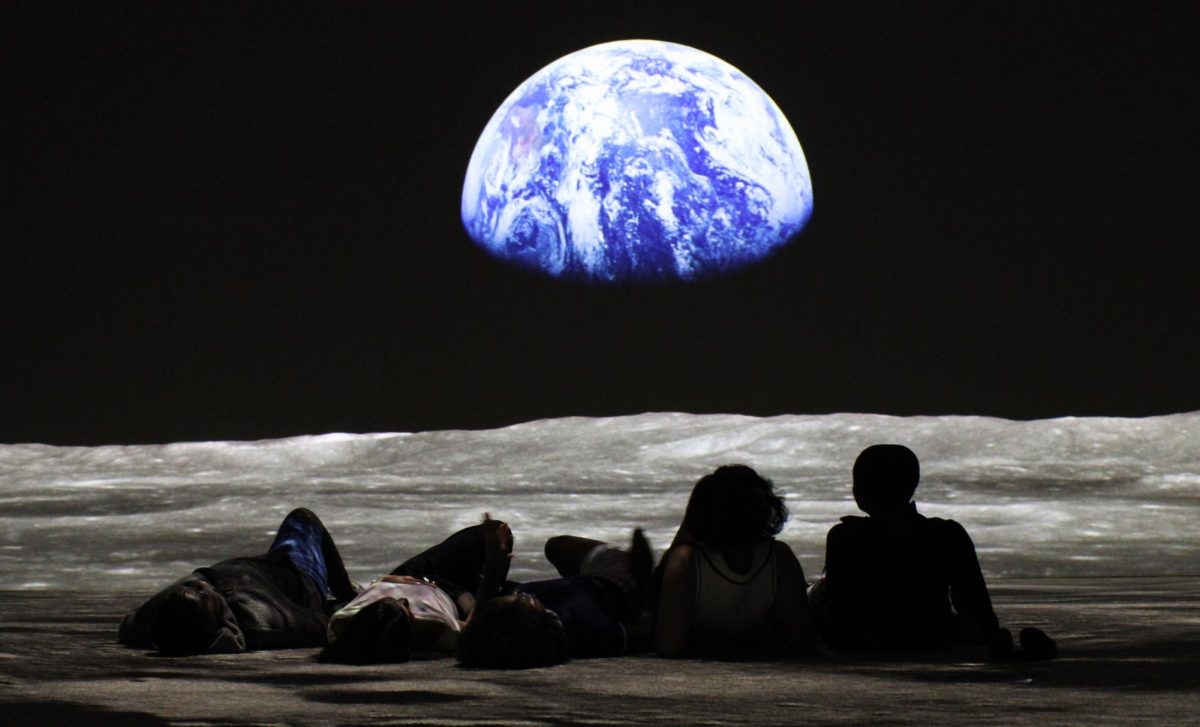
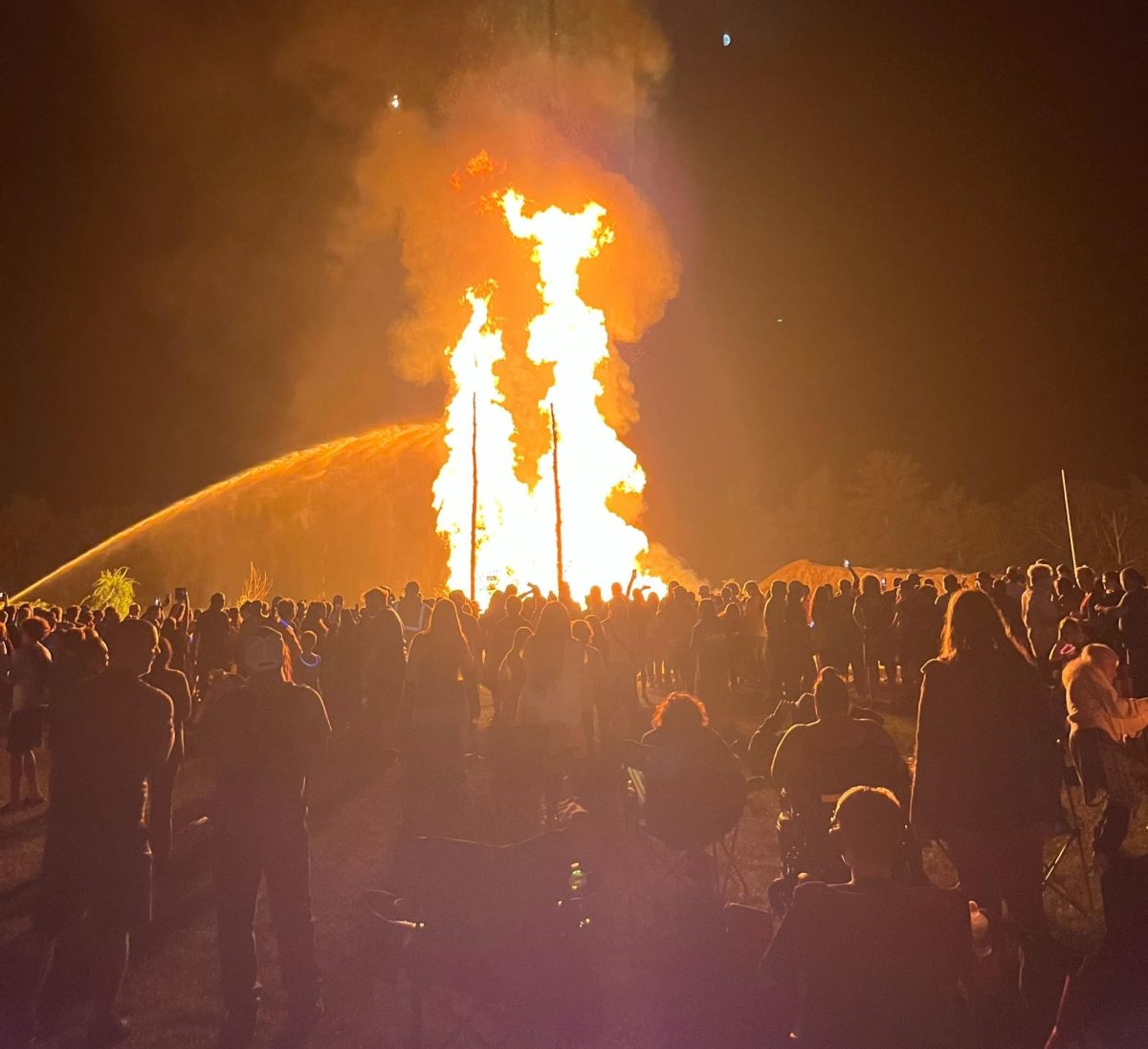
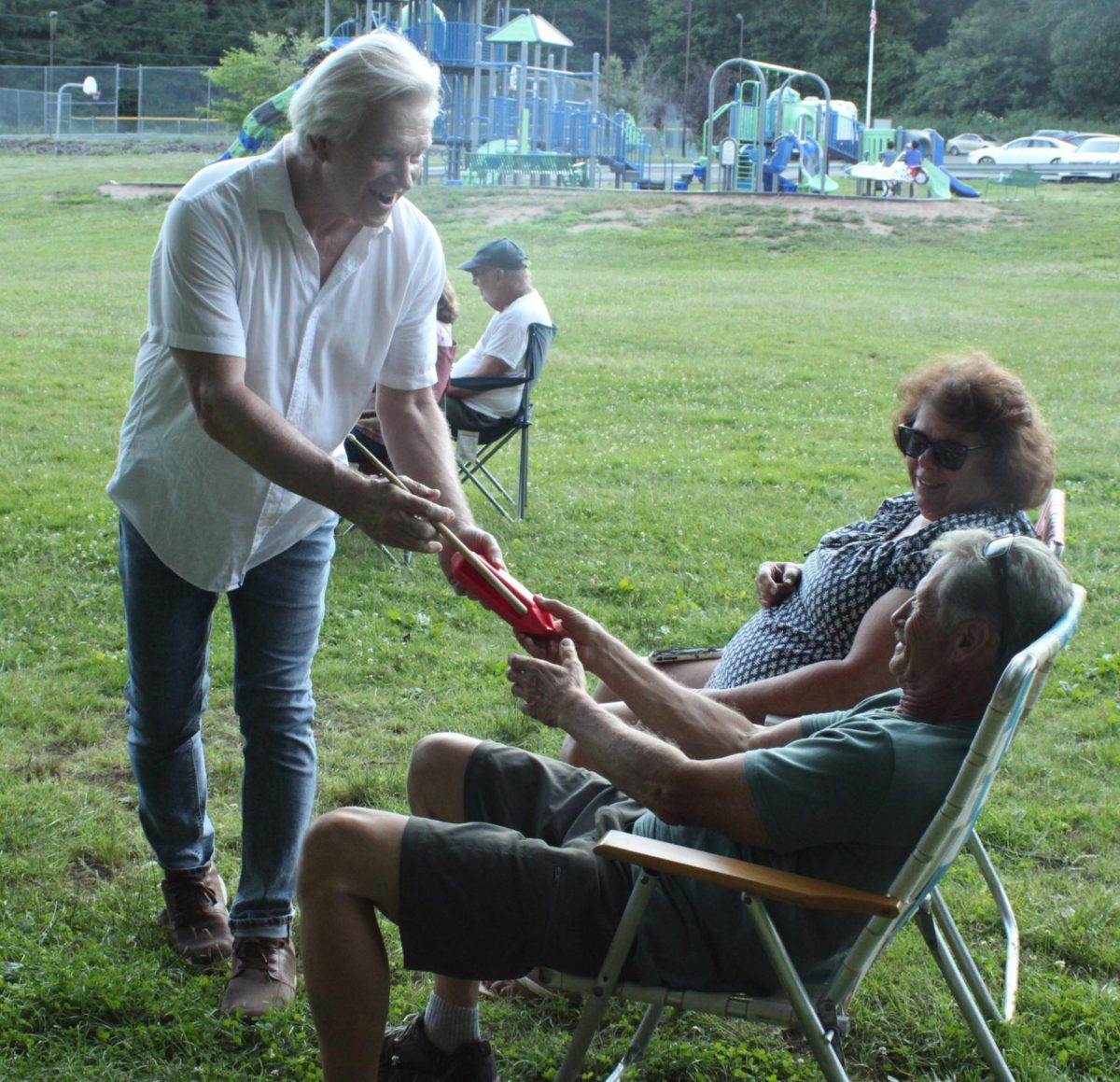

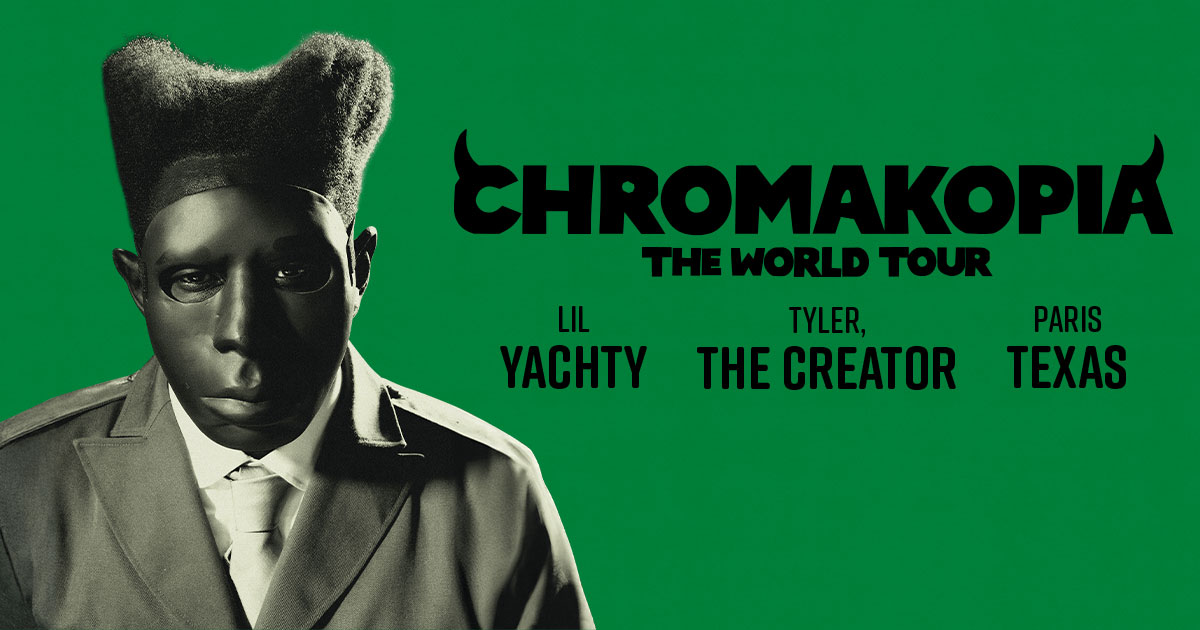
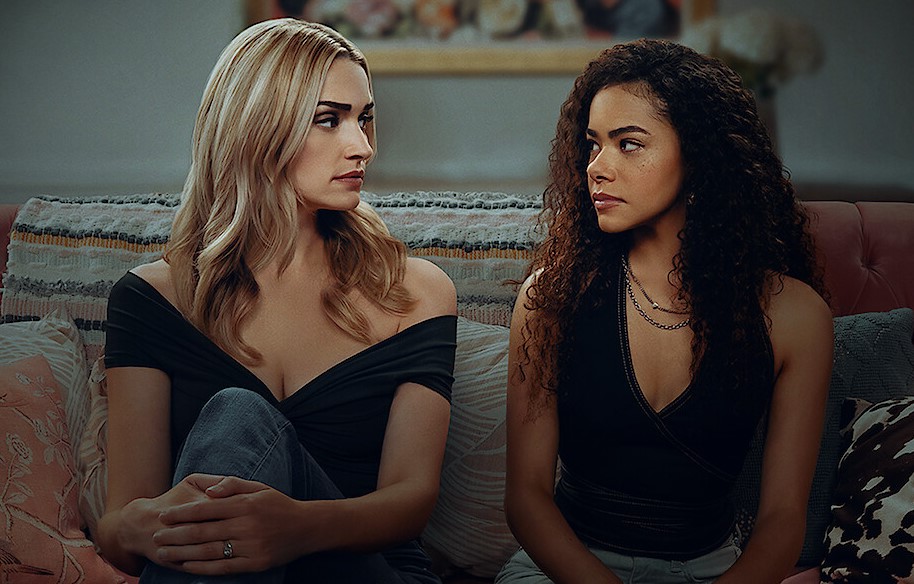

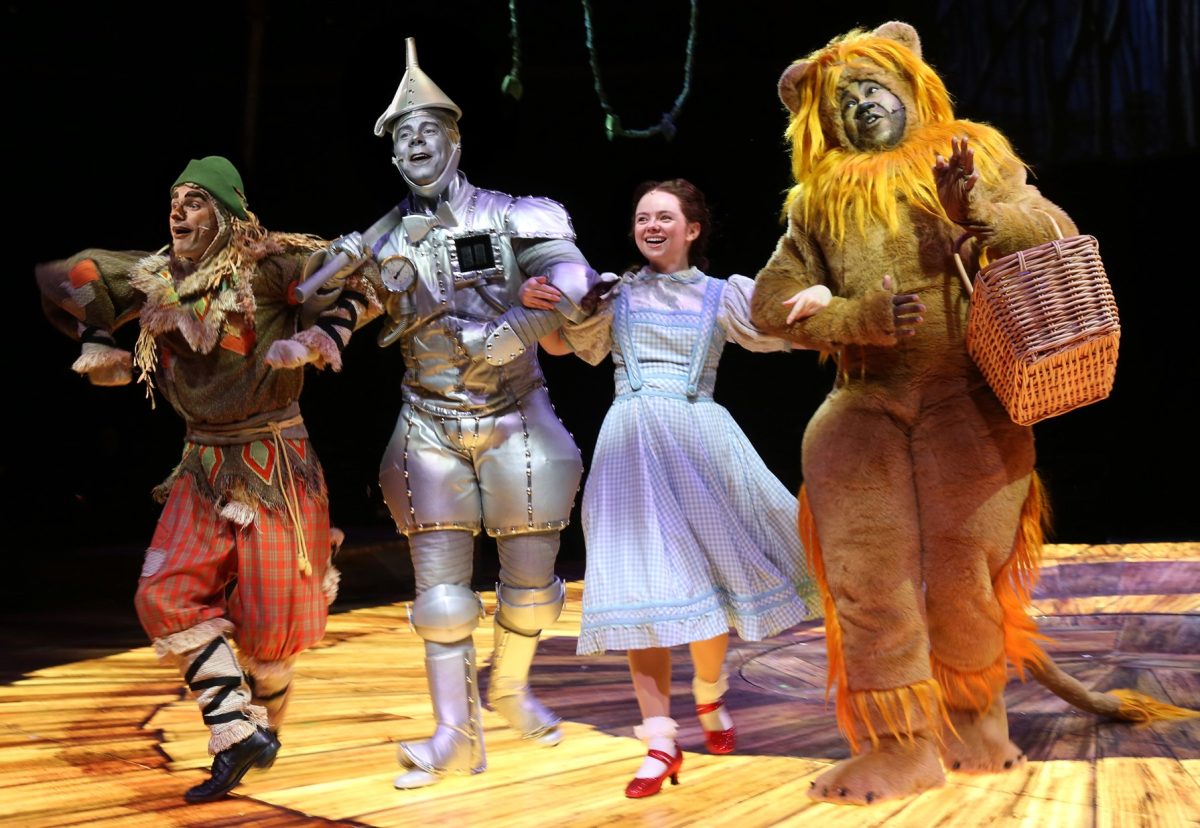
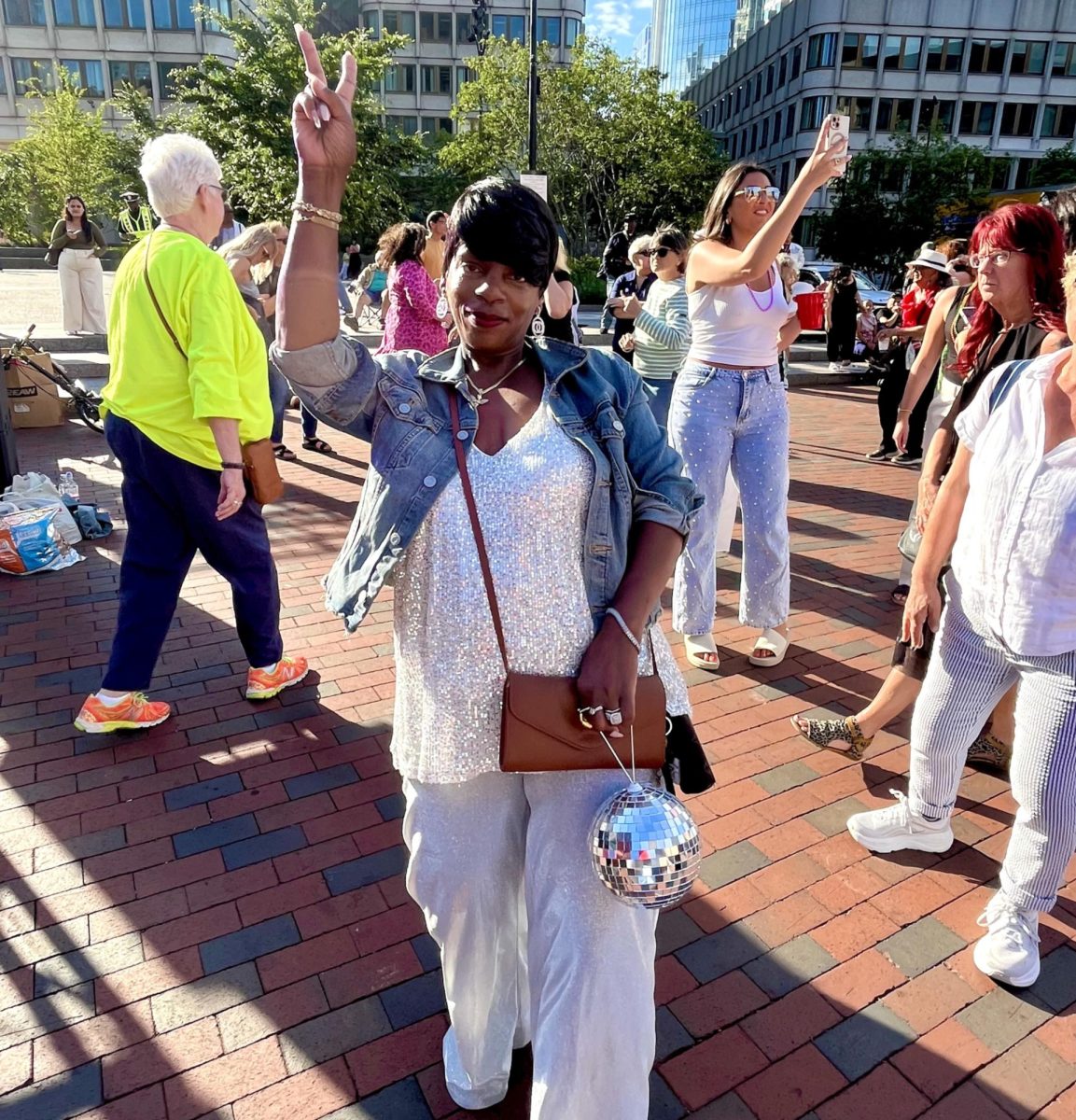
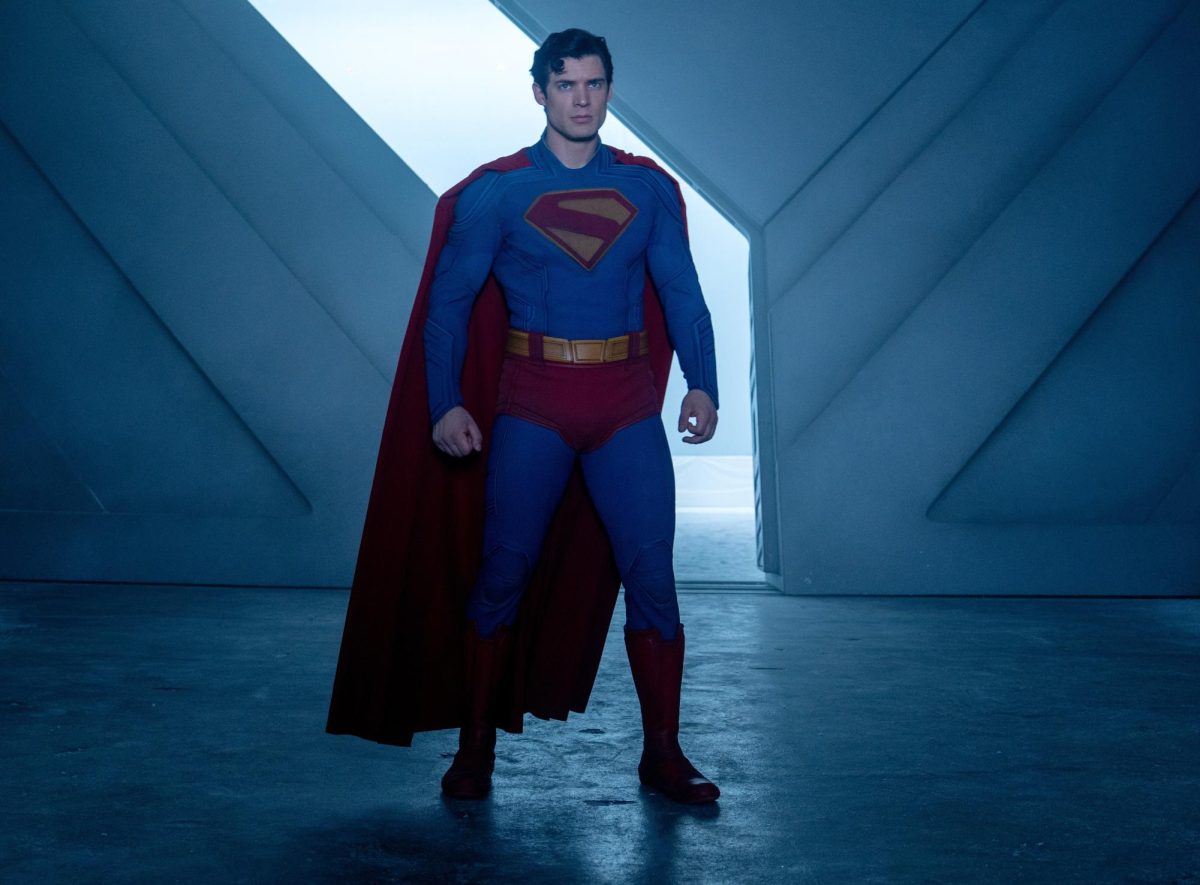
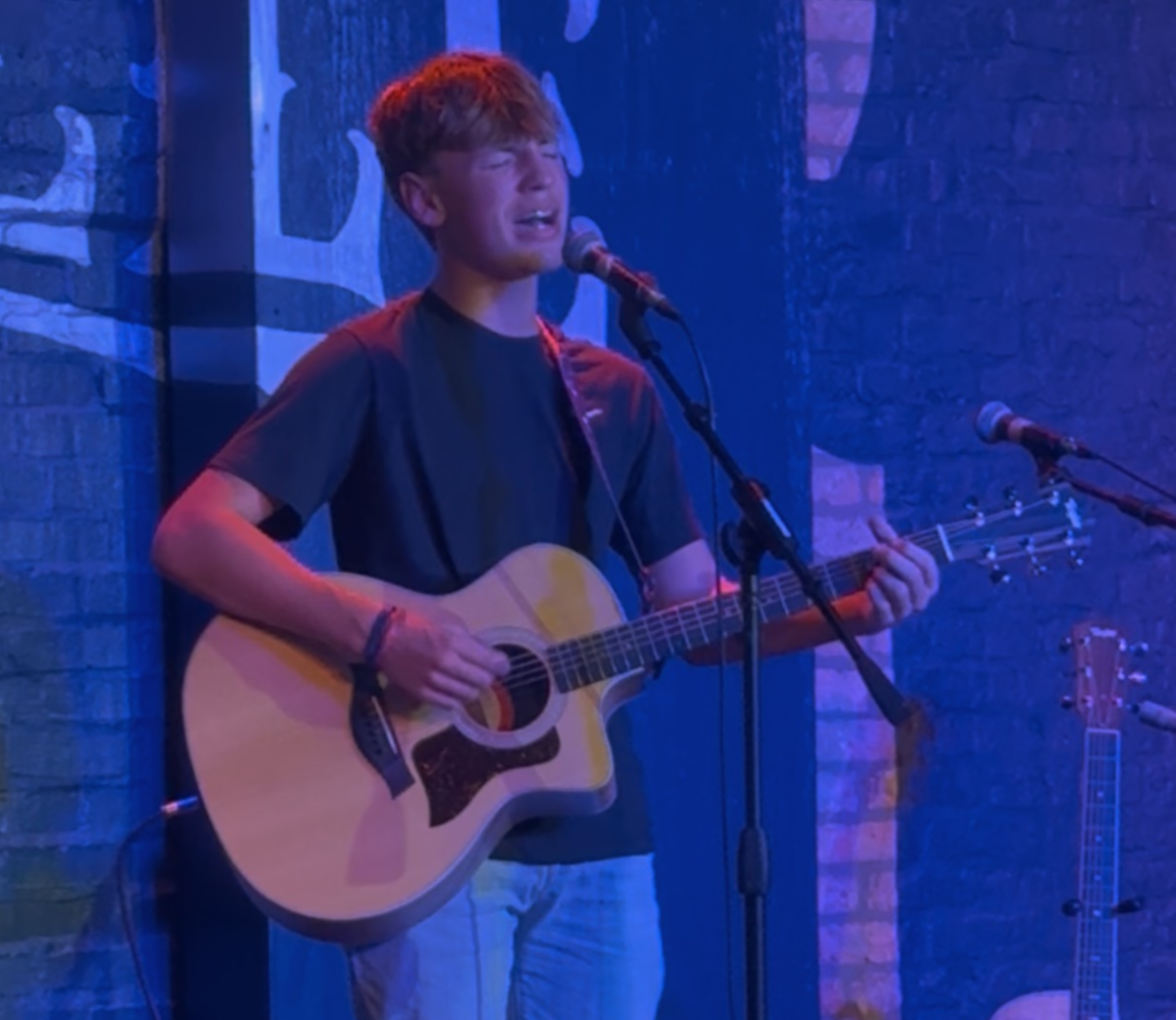
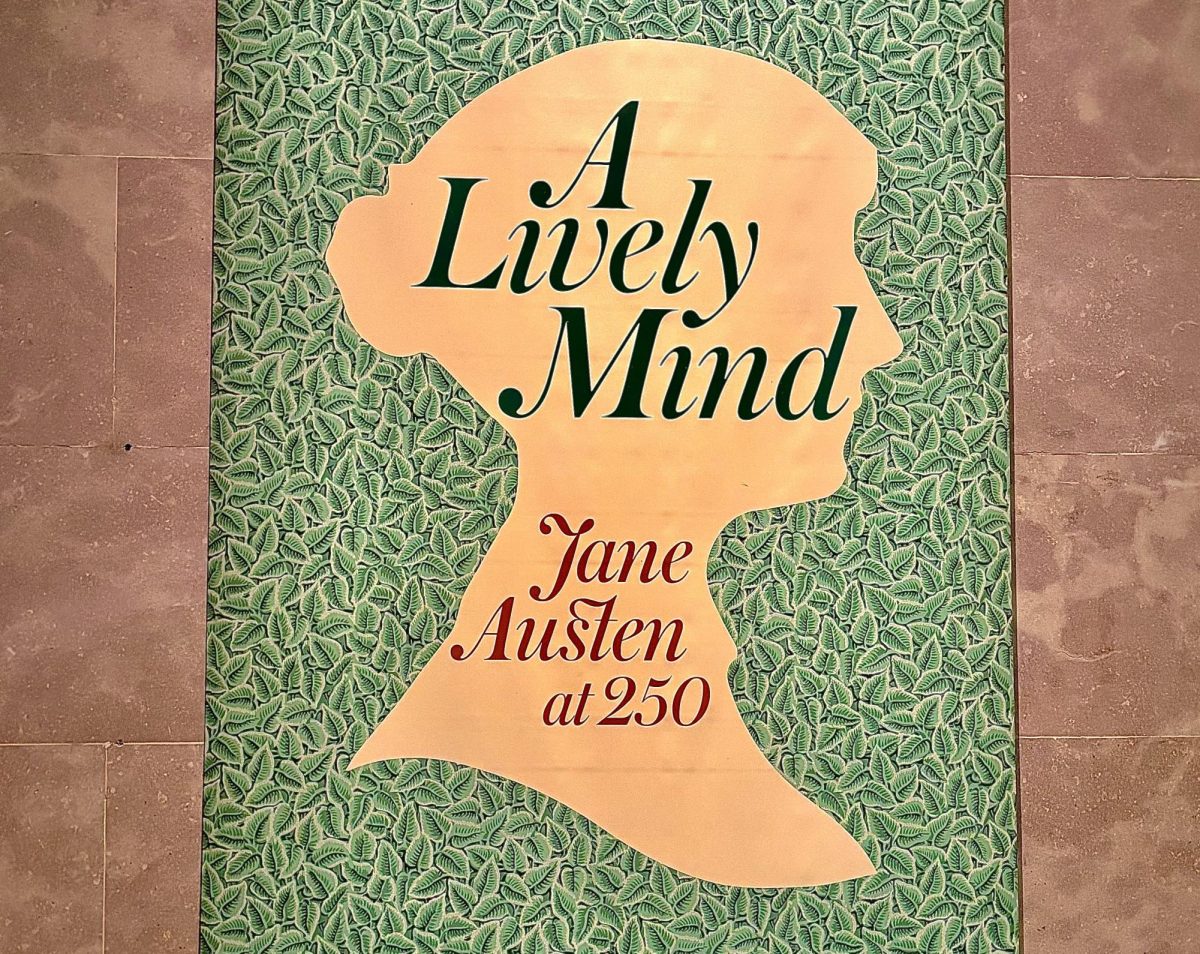
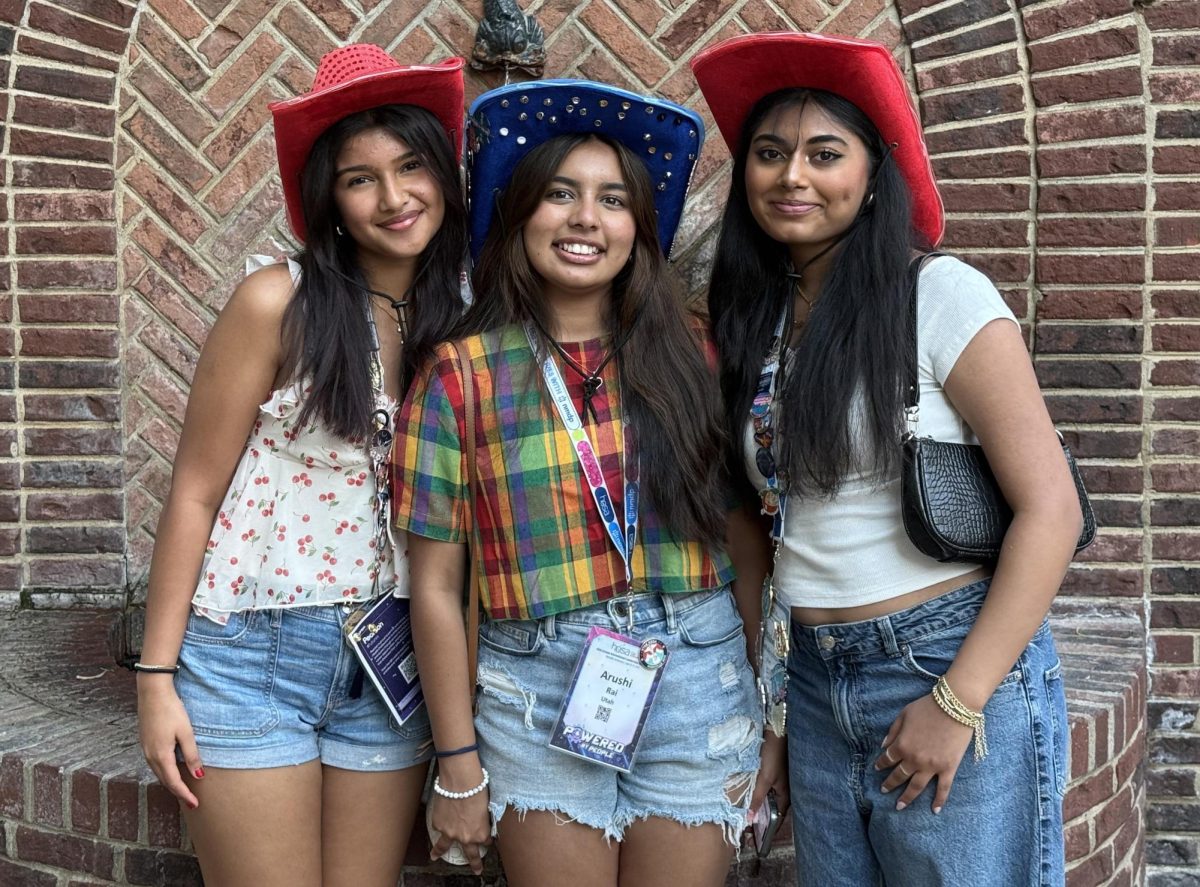



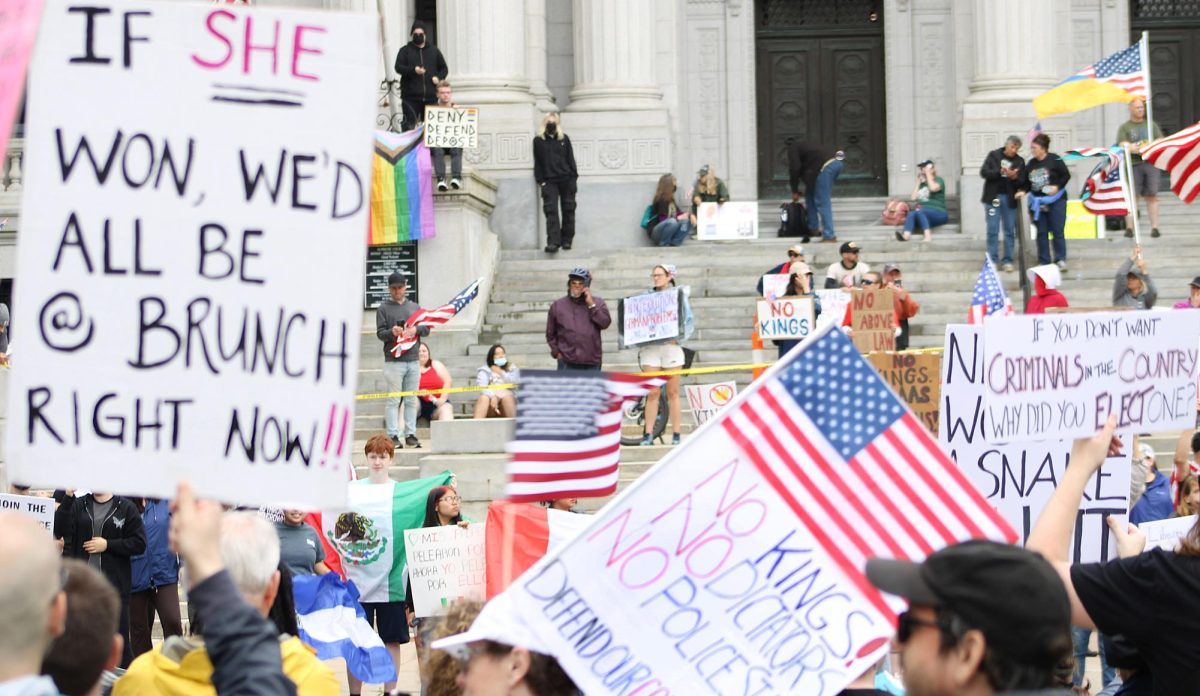

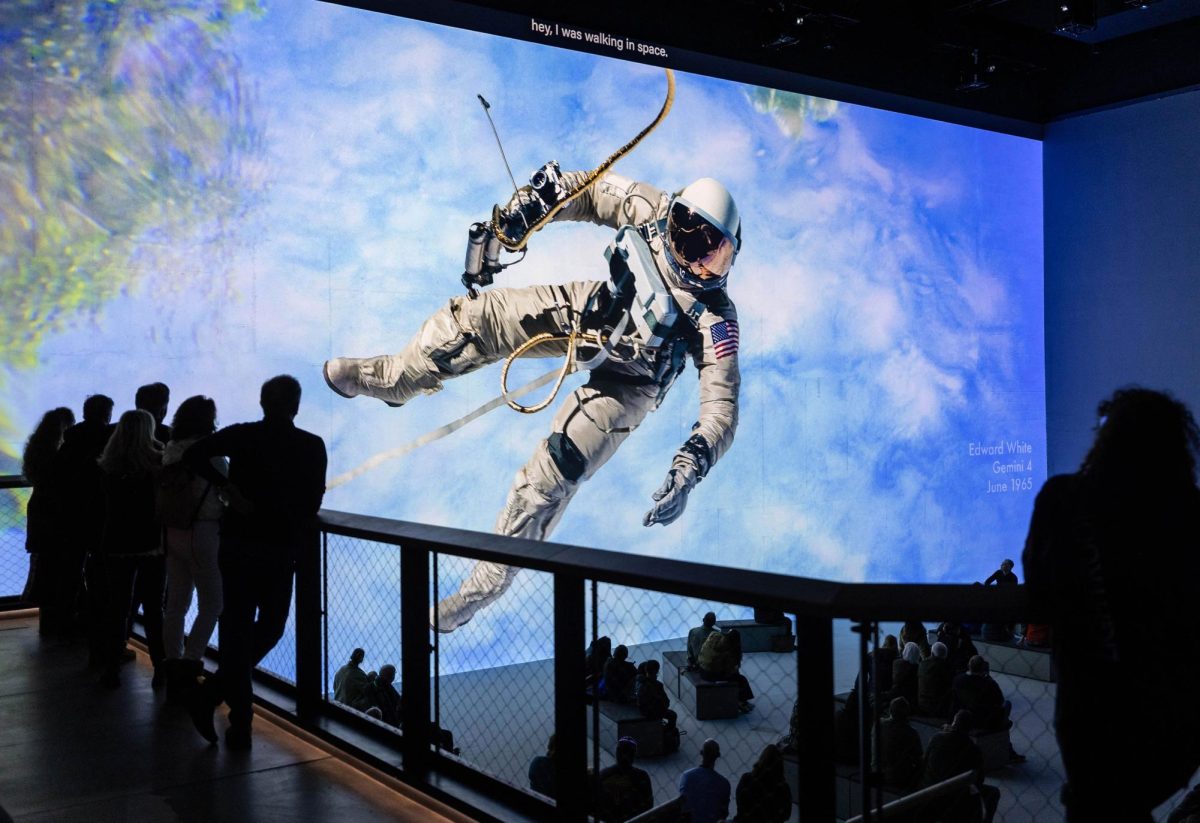
Andrea Carter • Jul 20, 2022 at 8:27 am
So…I’m 51. About to become 52. I’m Black, which I’m America is referred to as African-American. I never willingly identify as that term for several reasons that’s too long for this post. Anywho…just know I’m one of them however.
I loved the show for many of the reasons you loved it but I guess maybe for your age and limited time on this “Americanized Earth”, Ms. Marvel was/is remarkable in breaking the mold of forced mainstreaming of minority characters always Whitening themselves to be “American”, which belabored generations of minorities and altered our cultures in harmful ways.
I can’t recall seeing a mainstream bugglegum depiction of a minority group not be trapped by the tropes of assimilation desires or ultimatums. I’m so thankful this the creatives behind retooling the actual origin story of MD. Marvel to be about a culture instead of the usual birthright lottery assignment of superpower DNA.
Witnessing the minority not fall head over heels for the White Boy turns the arts on it’s heads–if of course, more people watching the show has the nerves to point out what the writers did. They refused total assimilation of the heart in order to bridge American love with Americanized Whites. This has been a lazy resolution imposed onto minorities from Whites as the only way to get them to love and support us through the necessary bonding through romance as the catalyst instead of Whites just being there for us without getting romance out of it. Seeing Kamala notice her White male friend is special was great but more gratifying and upside down was seeing Kamala appraise the guy from her culture be the most desired. Whites need to see this. I’m just afraid they won’t because no one seems to have noticed this is a major point of Ms. Marvel so far. Bruno is just another White guy who is nice. But really, that’s just what should be the basics and not superlative. Those are usually the metrics of most ‘biracial with White’ relationships. The nice White is cool but the nice White becomes too elevated in the narratives of the brown persons story as if that person couldn’t had that full story without the White addition.
I love how much integrity the writers had to make this uncomfortable point for both Whites who think they must save us from our original culture and minorities who drink the Kool aid of self-hate need to see this. We can be a diverse country without this scheme to facelift Whites and Whiteness to be our center of American purpose and identity.
As you know, we–Black Americans–we have lots of storytellers but never have I seen one not-so-far tell the story of Whiteness Resistance like the creatives of Ms Marvel just laid forth.
I’m delighted to not have to have Kamala’s life curated to be over-indexed with Others versus her community and heritage.
I can’t wait for Season 2. No, a movie. I want a movie. And I want her to fall in love with her people even more. All minorities need to witness this, and also Whites around the globe. We can be friends with Whites but we need to stop elevating them to redeem our value. They need to remain, at maxum if included, just support. And yes, enthusiastic support, but not anything more. We need balance decolonizing our minds and heritage from this theft of our focus on assimilating ourselves around them as the rubric and purpose.